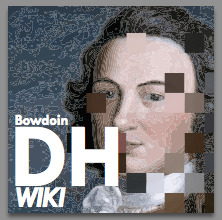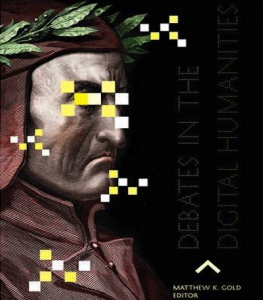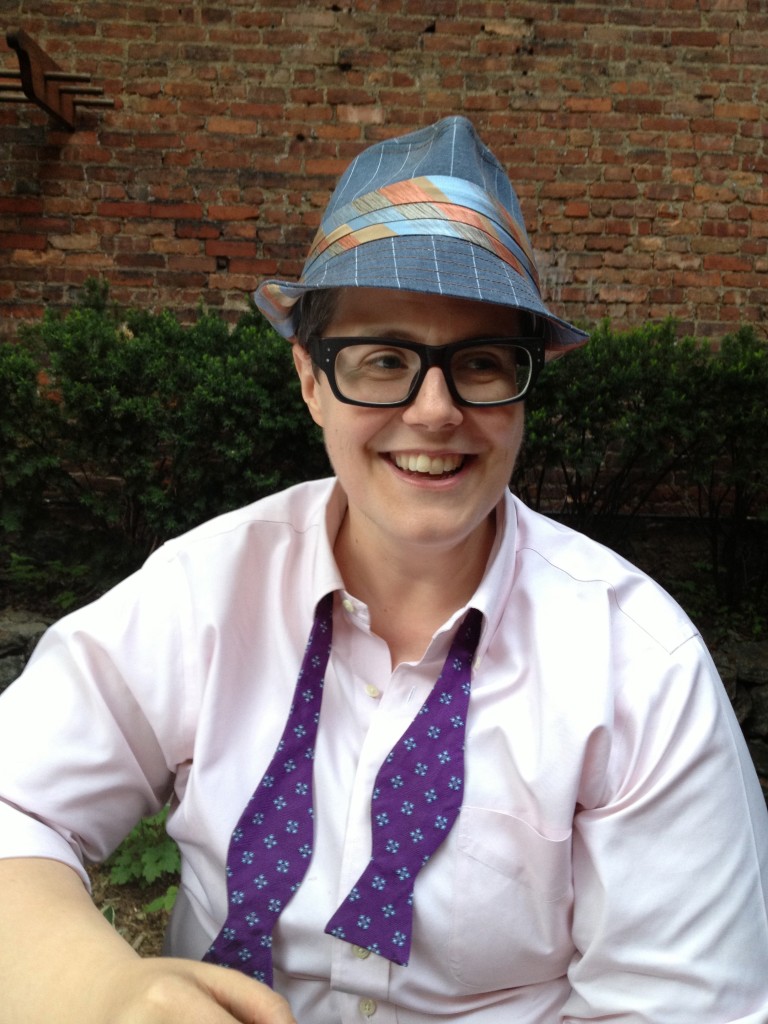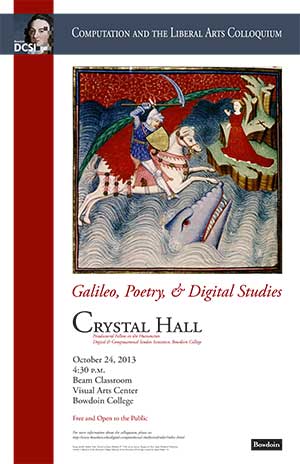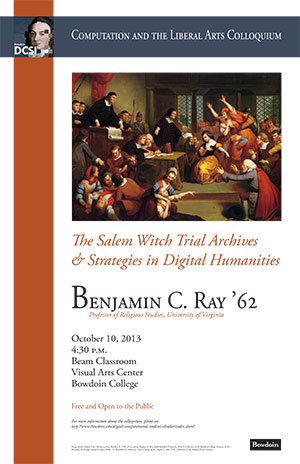Last week the Sociology & Anthropology Department at Bowdoin sponsored a pretty fantastic talk by Allan Parnell of the Cedar Grove Institute for Sustainable Communities, a nonprofit social science research firm. Demographer Dr. Allan Parnell discussed the work Cedar Grove Institute (CGI) has done challenging social inequities using GIS & census data. CGI does research & analyses to support legal cases involving civil rights, predatory lending, school segregation, & institutionalized discrimination.
Parnell’s talk, “Local Political Geography and Institutionalized Racial Inequality,” reviewed a series of legal cases in which his and his team’s use of geographical information systems (GIS) and other multi-disciplinary technical analysis of public data to support issues of economic development, fair housing, education, environmental justice, equitable land use, and others. For a detailed summary, check out Jen Jack Gieseking’s Storify record of the event below.
http://storify.com/jgieseking/allan-parnell-s-local-political-geography-and-inst
